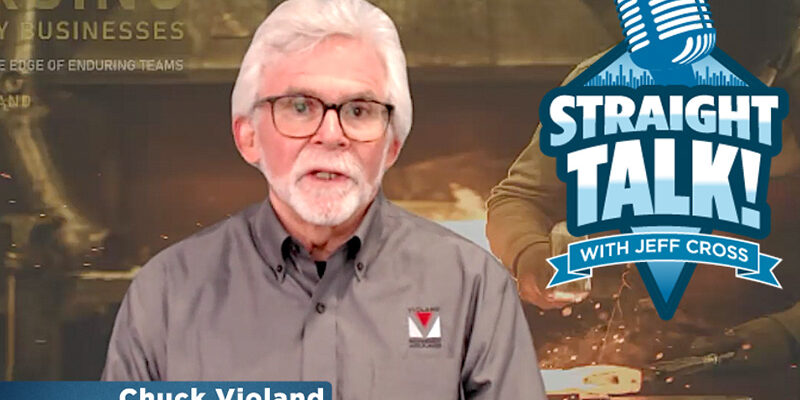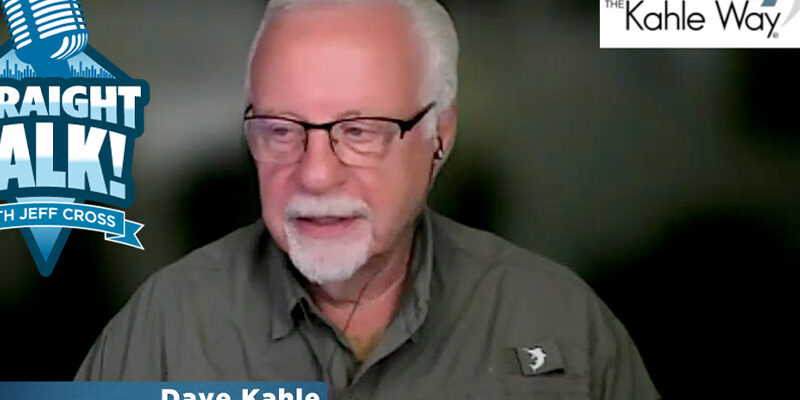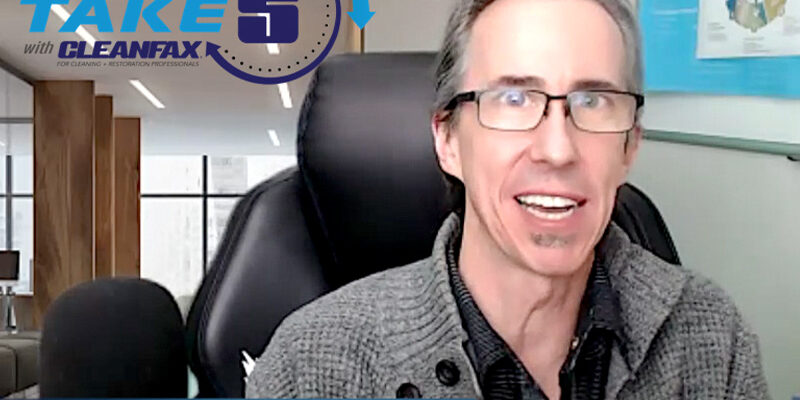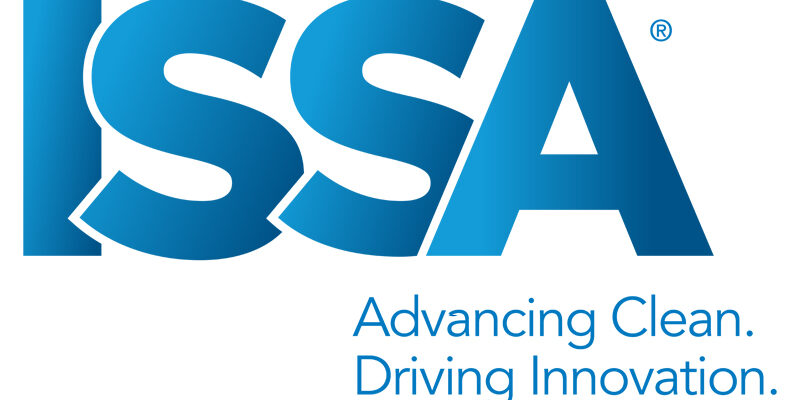Talking To Customers With Precision and Poise

By Jon Isaacson
One of the joys and challenges of hiring in the skilled trades is the fact that we hire young people with little work or people experience and expect them to excel in customer interactions. Team development does not magically happen. It’s one thing for new technicians to learn technical skills and abilities, but it’s no secret that soft skills can be more of a challenge. In a service-heavy industry, how a customer feels about our company is as important as the services themselves. In this article, we share a few simple rules for developing your team member’s ability to talk to customers.
Rule 1: Things you should never say to customers
Whenever we onboard new technicians, or in peak season when we bring in temporary labor, I give some variation of a speech about two great communication anathemas that I didn’t want to hear uttered in our team culture:
-
The first rule of earnest communication for intentional tradespeople is, don’t speak about things you have no knowledge of. If a customer asks you a question and you don’t know the answer, tell them, “That is a great question, let me get my supervisor to ensure we get you the right information as this is a bit above my paygrade.” You can use a little humor to maintain the confidence of the customer and be a broker in the transmission of truth rather than slipping into slimy sales mode and saying something useless just to fill the void. A thoughtful pause will serve better than a quick tongue as you develop your career.
As an owner or manager, what are some of those taboo items or areas where team members have stepped in the mud? If you want team members to be open and honest with you, it’s important that you are transparent and share your failures. I have heard it said, “You learn from your victories but others learn from your mistakes.” Open the communication lines by sharing experiences where you have made professional errors and what you learned from them.
Rule 2: Talking confidently to customers
Customer service, or better said, the customer experience, is essential to long-term success. You cannot expect that customer service is common sense or that your existing team will pass down everything that you hold dear. Owners and managers need to regularly conduct what we call at The DYOJO ‘leadership downloads.’ As said above, sharing your experiences can help open the discussion and present your team members with real-world scenarios to train them from.
-
The second rule of earnest communication for intentional tradespeople is, NEVER utter the words, “I don’t know.” If one extreme is to say something just to say something, the other extreme is deepening the chasm of stupidity by saying those three confidence-killing words. Not knowing an answer does not mean you are stupid or unqualified. The same line from above helps in this scenario as the goal is to maintain the confidence of the customer in the abilities of your team. If you want to grow your career, the first time a customer asks you a question that you don’t know the answer to ought to be the last time that you are unprepared to address that issue.
Preach this to your team members. Tell them whenever they are given a question that they don’t know the answer to you want them to text you so that you can address this in your next training session. You want to create a culture where admitting what you don’t know is discussed without judgment. If your team members will tell you when they don’t know something or when they mess up, you can create real-time training to develop areas of current need rather than prolong these knowledge voids.
Customer communication habits
Investing in personal as well as professional skills will communicate to the team members that you are committed to their growth. By sharing from your experiences, both what has made you successful as well as where you messed up, will create relatable transfers of information. Some managers have been burned by employees which has made them hesitant to invest. Billionaire Richard Branson shares his thoughts on encouraging leaders to, “Train people well enough so they can leave, treat them well enough so they don’t want to.”
Jon Isaacson, known as the “Intentional Restorer,” is a contractor, author, and host of the DYOJO Podcast. Jon speaks, writes, and coaches start-up phase owners and growth-minded restoration professionals through his organization, The DYOJO. Isaacson is the author of the Be Intentional book series for restorers. Reach him at [email protected].












